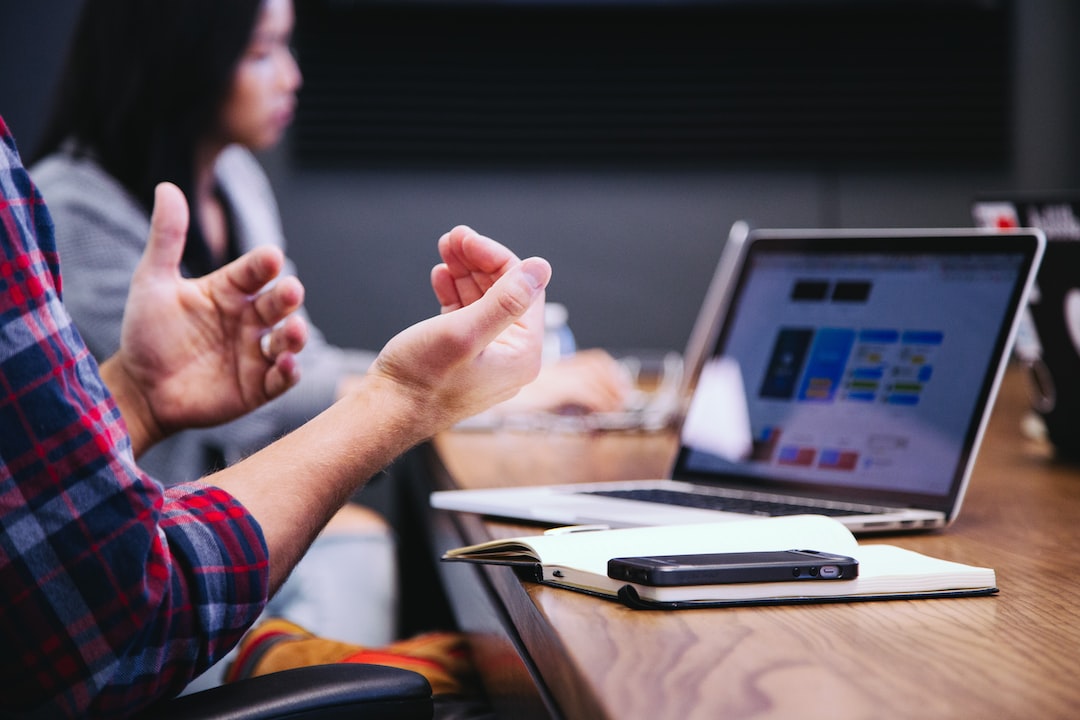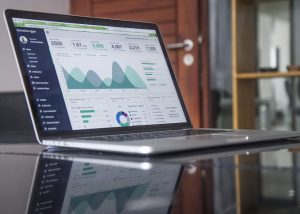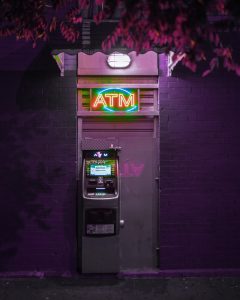Forex, or foreign exchange, is the largest financial market in the world, with over $5 trillion traded daily. If you’re new to Forex, it can seem overwhelming, but it’s not as complicated as it may seem. In this article, we’ll provide a comprehensive guide to Forex for beginners, including what it is, how it works, and how you can get started.
What is Forex?
Forex is the buying and selling of currencies. When you exchange one currency for another, you’re participating in the Forex market. For example, if you’re traveling to Europe from the United States, you’ll need to exchange US dollars for euros. The exchange rate between the two currencies will determine how many euros you can get for your dollars.
But Forex is not just for travelers. It’s a global market where banks, governments, corporations, and individual traders all participate. The goal is to profit from changes in exchange rates between two currencies.
How Does Forex Work?
Forex trading is done in pairs. The first currency is called the base currency, and the second currency is called the quote currency. For example, the EUR/USD pair means that the base currency is the euro, and the quote currency is the US dollar.
The exchange rate between the two currencies is determined by supply and demand. When there is more demand for a currency, its value goes up, and when there is less demand, its value goes down. Traders profit by buying a currency when it’s low and selling it when it’s high.
Forex trading is done through brokers, who provide access to the market and allow traders to buy and sell currencies. Brokers charge a commission or spread for their services.
What Do You Need to Get Started in Forex?
To get started in Forex, you’ll need a few things:
1. A computer or mobile device with internet access: You’ll need a device to access the Forex market and trading platforms.
2. A Forex broker: As mentioned, you’ll need a broker to provide access to the market. Choose a reputable broker with low fees and good customer support.
3. A trading platform: The trading platform is the software you’ll use to buy and sell currencies. Most brokers provide their own platform, but there are also third-party platforms available.
4. A trading strategy: You’ll need a plan for how you’ll trade. This includes things like when to enter and exit trades, how much to risk on each trade, and how to manage your trades.
5. Education: Forex trading can be complex, so it’s important to educate yourself on the market and trading strategies. There are countless resources available online, including courses, books, and forums.
Tips for Beginners
Here are some tips for beginners to help you get started in Forex trading:
1. Start with a demo account: Most brokers offer demo accounts that allow you to practice trading with virtual money. This is a great way to get a feel for the market and testing your trading strategy.
2. Start small: When you’re ready to start trading with real money, start with a small amount to minimize your risk.
3. Manage your risk: Forex trading can be risky, so it’s important to manage your risk carefully. This includes things like setting stop-loss orders to limit your losses, and not risking more than you can afford to lose on each trade.
4. Be patient: Forex trading is not a get-rich-quick scheme. It takes time and practice to become a successful trader. Don’t expect to make a fortune overnight.
5. Keep learning: The Forex market is constantly changing, so it’s important to stay up-to-date on news and trends. Continue to educate yourself and adapt your trading strategy as needed.
Conclusion
Forex trading can be a lucrative opportunity for those willing to put in the time and effort to learn. By understanding the basics of the market and developing a solid trading strategy, beginners can enter the market with confidence. Remember to start small, manage your risk carefully, and keep learning as you go. With patience and persistence, you can become a successful Forex trader.






